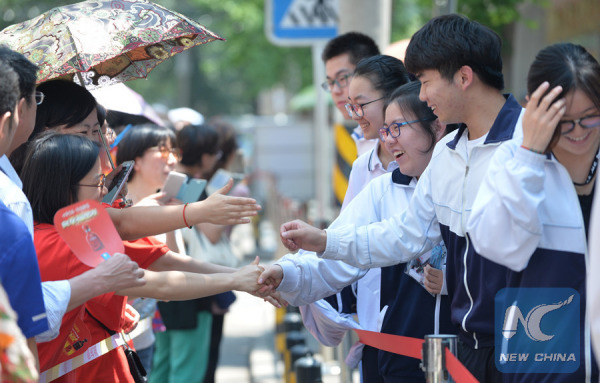
A total of 9.4 million Chinese high school students, just a little less than the population of Sweden, began to take the annual national college entrance examination, known as the Gaokao, on Wednesday.
The exam, generally lasts for two days, is probably the most important moment for most Chinese high school students, as their scores are, to a great extent, the only thing that would decide whether they can go to college, and what college they can attend, and eventually, determine who would find a well-paid job and successful career.
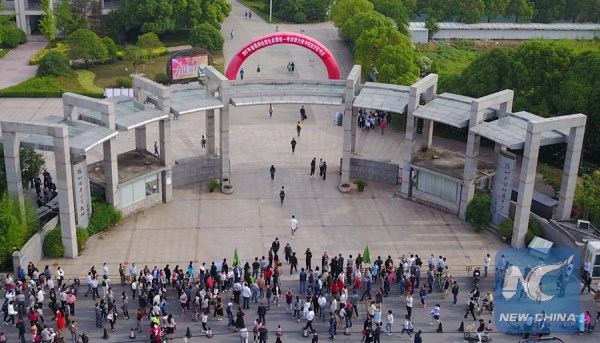
What's Gaokao?
Gaokao is the short form for the "National Higher Education Entrance Examination". This annual event maybe the largest exam in the world. It is usually held across China on the same day, and the number of candidates taking the exam peaked in 2008 to hit 10.5 million.
Gaokao was suspended during the Cultural Revolution (1966-1976) . During that decade, colleges selected students from factory workers, peasants, soldiers and other walks of life based on a recommendation system.
The examination was restored in 1977, and for the past 40 years, the fierce competition has been almost the only way for candidates, especially those who are from poverty-stricken rural areas, to change their lives.
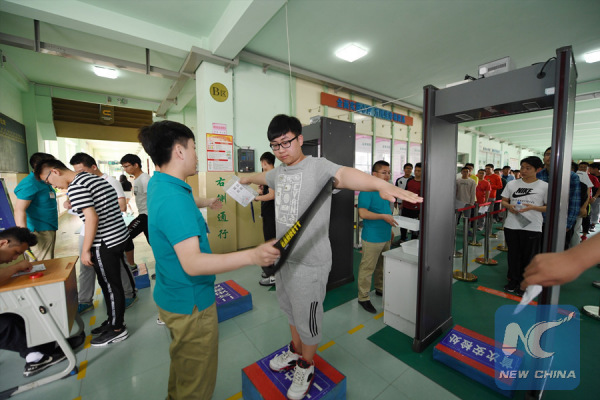
Why is it so important?
From 1977 to 2016, 120 million Chinese were enrolled in universities. They became a most important driving force behind the decades of robust economic growth of China.
With about 3,000 higher-learning institutions across the country, around 4 million of this year's 9.4 million candidates will be enrolled. By 2020, 50 percent of the total candidates will find a seat at college.
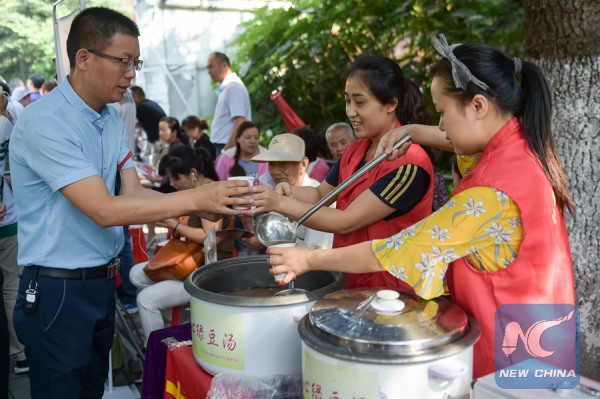
What's included?
The subjects on the test vary by region. In most cases, however, they include the Chinese language, mathematics, foreign language (English by default), and one or more subjects chosen by the candidate. It could be history, politics, geography, biology, physics and chemistry.
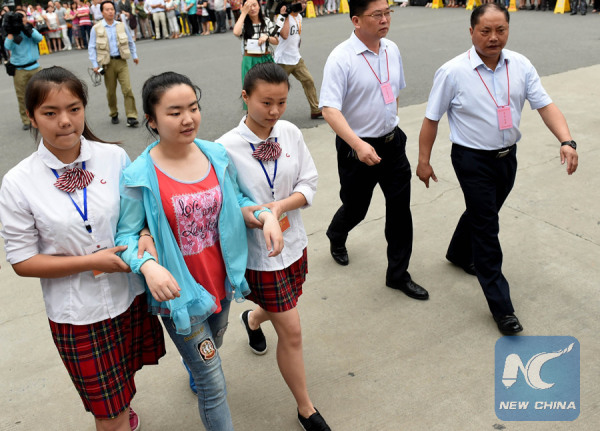
All for Gaokao
As Gaokao has been considered a most important life-changing opportunity for the candidates, mostly the only-child of a family, parents, schools and even whole society are making efforts to make the examination undisturbed.
In some cities, there are special buses and subway routes for the candidates. Roads are blocked and constructions are suspended near schools. Medical service stands by. Hotels near examination venues are usually occupied by the candidates, as their parents want them to have a good rest during the noon break.
Candidates with special needs, including those with disabilities, are given special care.
The exam system, however, is not free of critics, as the fierce competition and the overemphasis on examination grades mean great pressure for the students.


















































